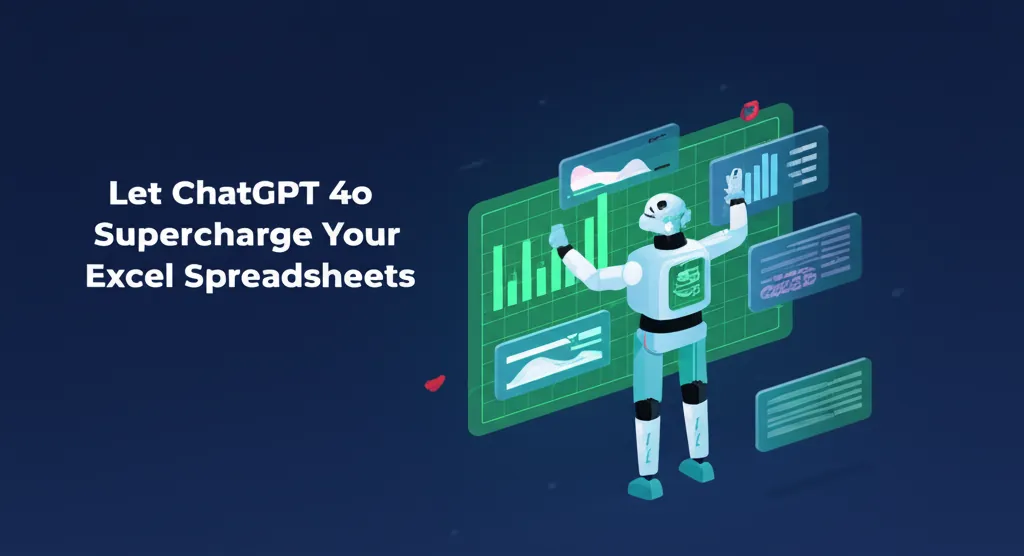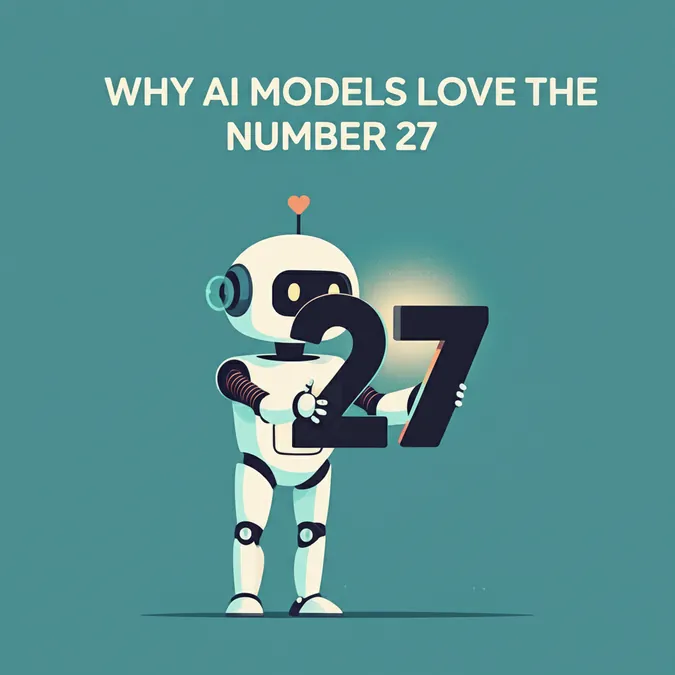Developer Offer
Try ImaginePro API with 50 Free Credits
Build and ship AI-powered visuals with Midjourney, Flux, and more — free credits refresh every month.
How An AI Prompt Unlocked A Lost Childhood Memory
I asked a simple AI question and found myself transported to a kitchen I hadn’t thought about since I was nine years old.
It all started with a craving for a snack whose name I just couldn't remember. I had just gotten home from work, scrolling on my phone, when the need for this specific treat surfaced. All I knew was that it was chewy, coconut-y, and existed in the space between candy and cookie. It was the kind of thing that appeared at church bake sales or in your friend’s grandma’s kitchen, only to vanish for years.
So, I opened ChatGPT and typed a simple question:
“What’s that vintage no-bake cookie made of shredded coconut and condensed milk?”
I was just looking for a name. What I received was a gateway to the past.
From a Cookie Query to Memory Lane
The bot responded instantly, suggesting I might be thinking of coconut macaroons, haystacks, or magic bars. I clicked on a suggested recipe, and that's when it happened. The recipe called for vanilla extract.
With that single word—vanilla—I was no longer in my own kitchen. I was nine years old, standing in my aunt Letty’s kitchen in the middle of summer, 1998. I could feel the sticky vinyl linoleum on my bare feet. I could smell the distinct scent of almond and vanilla from a small brown bottle I wasn't allowed to touch. I could hear her humming off-key as she stirred a gooey mixture on the stove.
I hadn't thought about that day in decades. I didn't even know I still had that memory. The AI didn't just give me a cookie's name; it tripped a wire deep inside my mind.
Remembering Aunt Letty and Her Chaotic Kitchen
Letty was my mom’s older sister—sharp-tongued, single, and always holding a cigarette in one hand and a wooden spoon in the other. Her kitchen was a controlled chaos of Tupperware towers and an oven used primarily for storage. She didn't cook often, but when she did, it was an event, and she always let me help.
On that July day, she had the oldies station playing on the radio. She was making haystacks: a mix of melted butterscotch chips, chow mein noodles, peanuts, and a splash of vanilla. I was in charge of stirring while she smoked. She told me I had “kitchen hands,” and I remember her laughing hysterically when I licked the hot spoon and burned my tongue. That memory, lost for years, was suddenly back, unspooling like a forgotten film.
The Surprising Empathy of Machines
I continued my conversation with ChatGPT, telling it about the haystacks. I asked for other regional treats made from pantry scraps and nostalgia. The AI offered a list: chocolate oatmeal no-bakes, peanut butter cornflake clusters, and Nanaimo bars. It felt like storytelling, like reminiscing with a friend who could say, “Remember these?”
The bot didn't create the memory, but it created the space for it. It was like someone holding a door open, allowing my own thoughts to wander through to a place I had long since forgotten.
When Technology Unlocks Something Human
I’ve used AI for spreadsheets, emails, and even naming my fantasy football team. But this was the first time it felt like something more—not profound, just weirdly human. It made me wonder, how many memories live inside us without a label? How many flavors are tied to people and places we've left behind? And what happens when an algorithm doesn’t just predict your next action, but reminds you of who you were before all the clicks?
Back to the Present, Spoon in Hand
The next night, I went out and bought chow mein noodles, butterscotch chips, peanuts, and vanilla extract. I made haystacks, Letty-style. My kitchen is small and neat, and I don't smoke or hum, but when I licked the spoon—still too hot—I laughed. Alone in my apartment, I felt like I was nine again.
The treats were incredibly sweet, but I didn't care. I packed them into a Tupperware container, just as Letty would have, and texted my sister, “Remember these?”
She replied instantly with a photo from 2003. It was me, missing a front tooth, with butterscotch on my cheek. In the background, blurry but unmistakable, was Letty.
We often discuss AI in extremes—as a job-killer or a world-saver. But sometimes, its impact is smaller, stranger, and softer. Sometimes, it’s just a digital tool that points you back to a part of yourself you forgot was there. The magic wasn't that a machine remembered something about me, but that it helped me remember.
Compare Plans & Pricing
Find the plan that matches your workload and unlock full access to ImaginePro.
| Plan | Price | Highlights |
|---|---|---|
| Standard | $8 / month |
|
| Premium | $20 / month |
|
Need custom terms? Talk to us to tailor credits, rate limits, or deployment options.
View All Pricing Details

